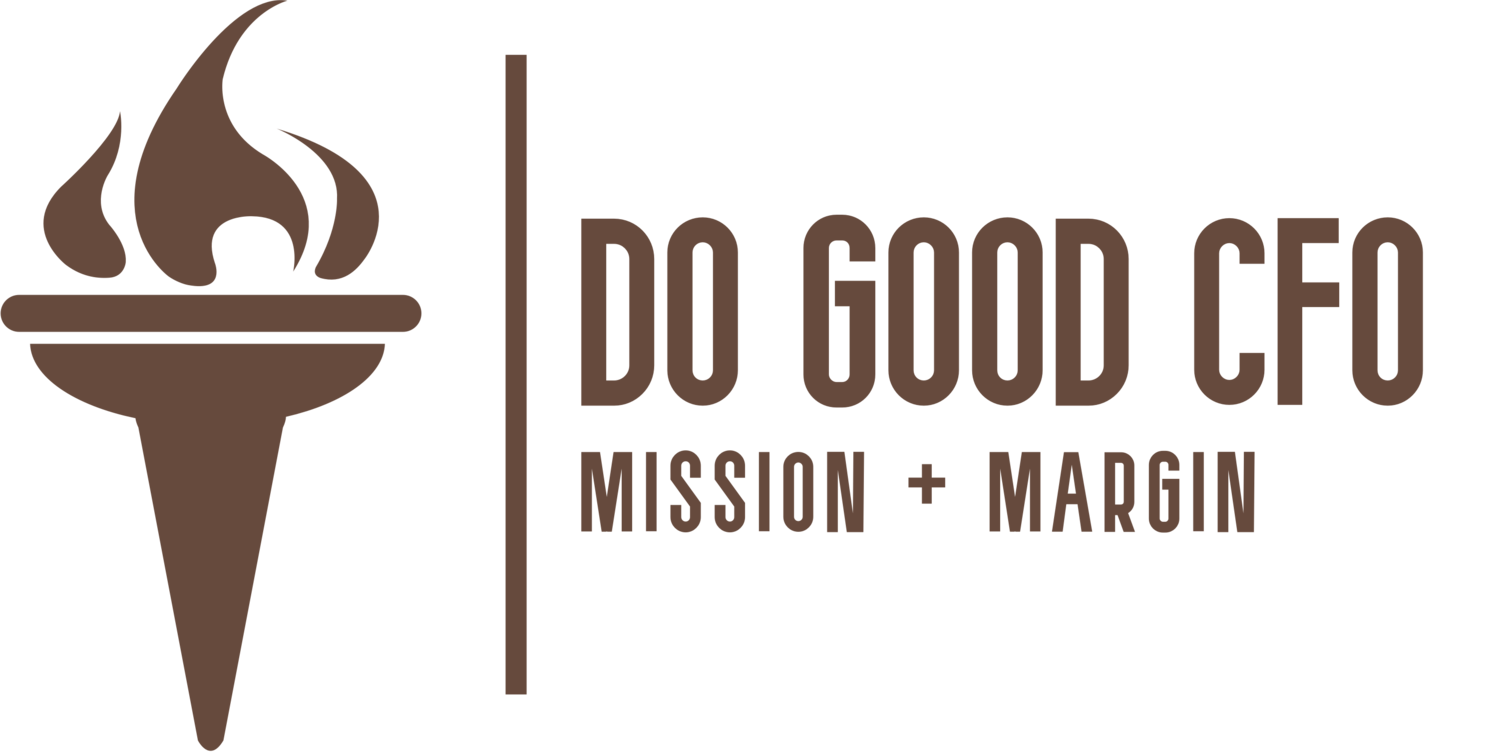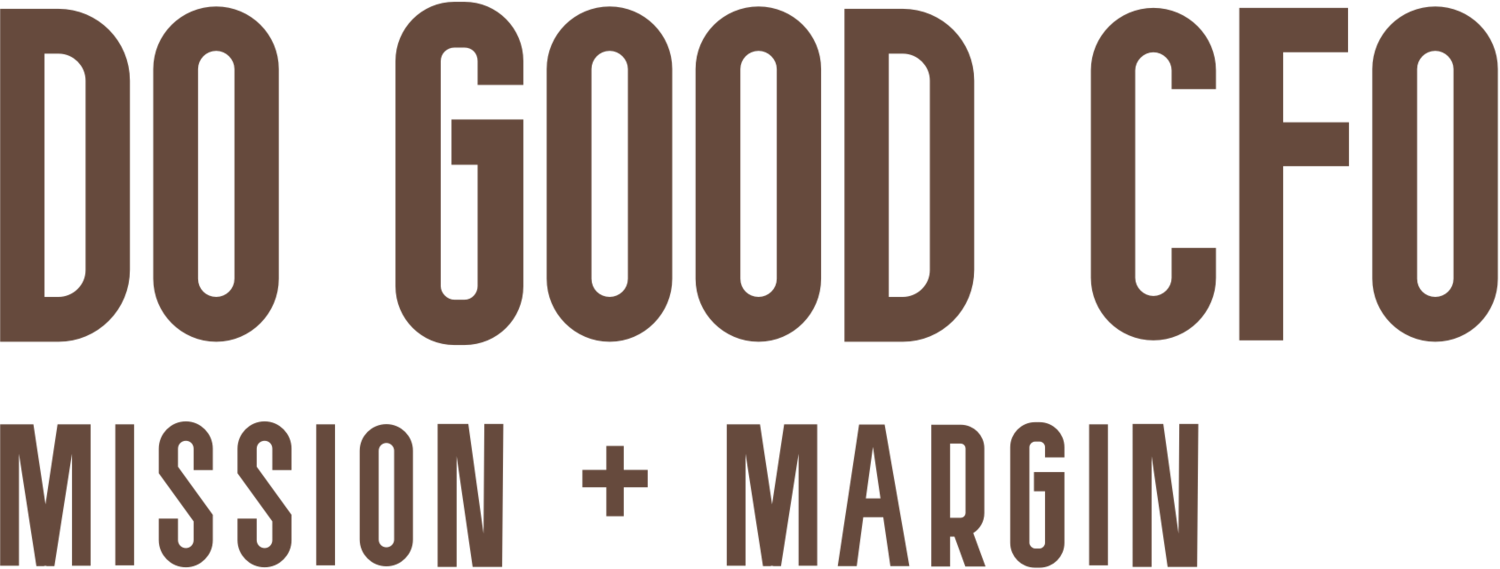4 ways the right fractional CFO can help mission-based businesses
This is our final post in the series of financial lessons learned from the recent success of Lotus Foods. Do Good CFO helped contribute to an amazing achievement: Lotus Foods, a global pioneer in heirloom, organic and regenerative rice cultivation and a leader in rice-based noodles announced an investment of $22.5 million from Grounded Capital, a San Francisco-based investment firm focused on deploying capital that supports healthy social, ecological and financial systems.
Today, we discuss:
4 ways the right fractional CFO can help mission-based businesses
They can…
Calmly navigate times when cash is tight
Much of Lotus Foods' capital was and is tied up in inventory and related working capital. We spent a lot of time modeling the supply and demand of each product line. We also modeled our debt schedules and understood the cash implications of this.
So on occasions when cash has gotten tight in economic upheaval, we have had a solid financial model in place that allowed us to manage risks proactively, maintain liquidity, and extend cash as long as possible. CEO of Lotus Foods, Andrew Burke said: “Cash is the lifeblood of any business. In our business, given our long supply chain, inventory is the primary use of cash. Do Good helped our team stay close to the swings in our inventory thus allowing the company to successfully manage through these tight windows.”
This visibility was a critical component of our success in persuading banks and investors to trust us even though cash was sometimes tight.
2. Open lines of communication between mission-based businesses and investors
A good fractional CFO will help you communicate your assumptions and projections about cash with your investors so if things get tight they aren’t surprised or disappointed. With Lotus Foods, we were able to navigate long supply chains, COVID and freight disruptions by predicting problems ahead of time and relaying that information to investors.
3.Get the business fundamentals in order
The first thing Do Good CFO did for Lotus Foods was to thoroughly vet accounting fundamentals. It's critical to have the books in solid working order because any good financial plan must be founded on trend analysis of past performance and good historical accounting and books. From there, we built a bottoms-up sales forecast, a bottoms-up analysis of Cost of Goods, and unit economics. To determine how much of a cash runway we had, we did a deep dive into the balance sheet.
4.Adapt as the company’s needs change
During Do Good CFO’s tenure with Lotus Foods, the company has grown 20x. As CEO Andrew Burke says, “As our business has grown, our needs have changed. Do Good has adapted with us and has been able to provide support whether we are seeking debt or equity or are looking for financial tools to help us become better operators.”

